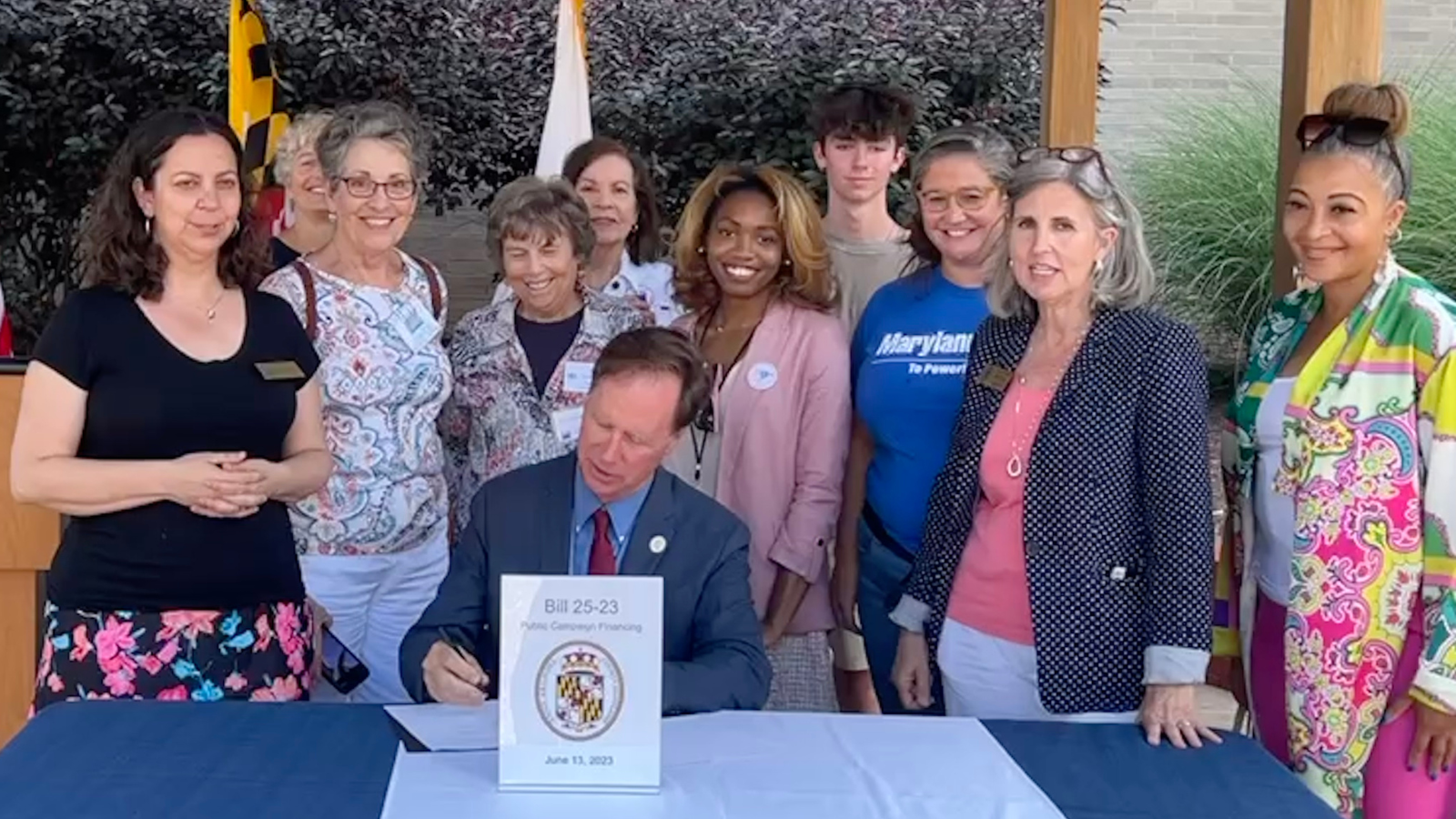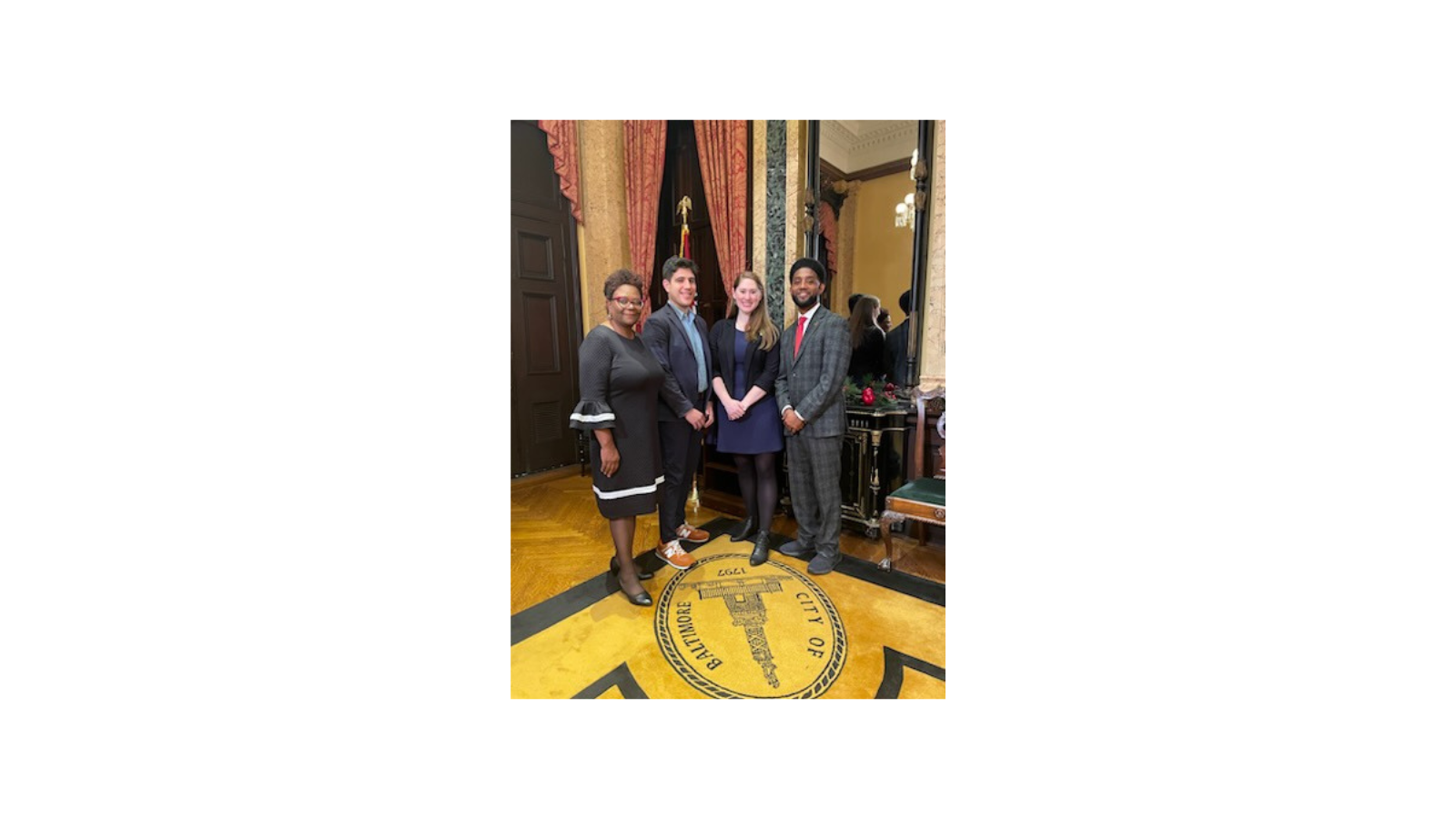
2021 Legislative Session: Public Interest Victories and Losses
This year there were hundreds of policies discussed which could safeguard public health, protect consumers in the marketplace, transform our energy and transportation systems, remove toxic threats, stop wasteful spending, revitalize our democracy, and protect Maryland’s environment.





SUPPORT OUR WORK
As your public interest advocate, we're working hard to stand up to powerful interests. With your help, we’re working to find common ground around commonsense ideas in 2021 and beyond.

Topics
Authors
Emily Scarr
State Director, Maryland PIRG; Director, Stop Toxic PFAS Campaign, PIRG
Emily directs strategy, organizational development, research, communications and legislative advocacy for Maryland PIRG. Emily has helped win small donor public financing in Baltimore City, Baltimore County, Howard County, Montgomery County, and Prince George's County. She has played a key role in establishing new state laws to to protect public health by restricting the use of antibiotics on Maryland farms, require testing for lead in school drinking water and restrict the use of toxic flame retardant and PFAS chemicals. Emily also serves on the Executive Committees of the Maryland Fair Elections Coalition and the Maryland Campaign to Keep Antibiotics Working. Emily lives in Baltimore City with her husband, kids, and dog.
Find Out More

Small donor public financing victory in Anne Arundel County

Anne Arundel County Considers Small Donor Public Financing

Mayor Scott swears in Fair Election Fund Commissioners

